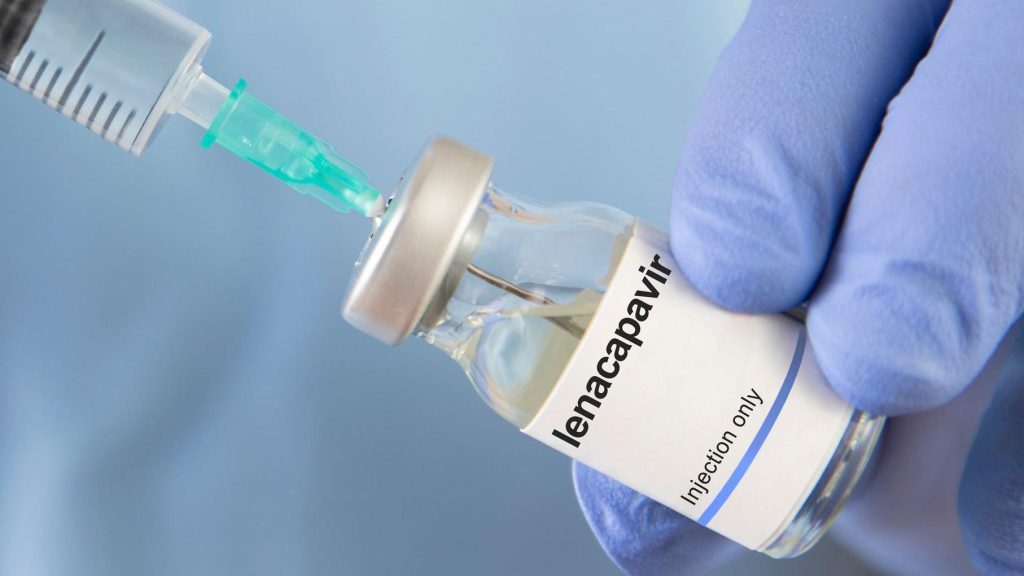Relief as agreements reached to make new HIV medicines affordable

Lenacapavir, a new HIV medicine will be available at a cost of USD 40 per person a year from USD 28 000 thanks to new agreements to advance progress in stopping new HIV infections.
Lenacapavir, produced by US company Gilead, is a revolutionary with injections just twice a year. The current price of lenacapavir for HIV treatment in the US is USD 28 000 per person per year.These new agreements, crafted with generic producers, would bring the price for HIV prevention down to just USD 40 per person per year.
The agreements were announced Wednesday during the United Nations General Assembly in New York.
UNITAID, the Clinton Health Access Initiative (CHAI), and Wits RHI are providing financial, technical, and regulatory support to Indian generic manufacturer Dr Reddy’s Laboratories, enabling the annual cost of injections to come to just USD 40. An initial oral dose required alongside the first injections will cost no more than USD 17 under the agreement.
The Gate Foundation will support Indian generic manufacturer Hetero Drugs with upfront funding and volume guarantees to ensure a cost of around USD 40 per patient per year following the short pre-treatment oral regimen.
The new long-acting medicines will make preventing HIV easier and more accessible for people most in need. Lenacapavir will add to the suite of HIV prevention options currently available including condoms, vaginal rings and daily prevention pills.
Reacting to news of the agreements, Dr Sabin Nsanzimana, Rwanda’s Minister of Health said: “Big step for HIV prevention: Lenacapavir–a twice-yearly injection shown to be nearly 100% protective–will be offered at just $40 per patient per year in low and middle-income countries.”
“This is a watershed moment. A price of USD 40 per person per year is a leap forward that will help to unlock the revolutionary potential of long-acting HIV medicines,” said Winnie Byanyima, Executive Director of UNAIDS.
“UNITAID, Gates, CHAI, Witts RHI, Reddy, and Hetero have shown today what is possible when companies prioritize equitable access to lifesaving medicines. Gilead now needs to match that ambition by reducing its price for lenacapavir, being completely transparent on cost and pricing, expanding its generics license to include all low and middle-income countries, and allowing more people in developing countries to rapidly access these life-saving medicines,”
UNAIDS estimates that if 20 million people in highest need, including men who have sex with men, sex workers, people who inject drugs and young women and adolescent girls in sub-Saharan Africa have access, this could dramatically reduce new infections and significantly advance progress in ending AIDS by 2030.
In 2024, there were 1.3 million new HIV infections far higher than the target of 370,000 by 2025.

SUBSCRIBE TO OUR NEWSLETTER












